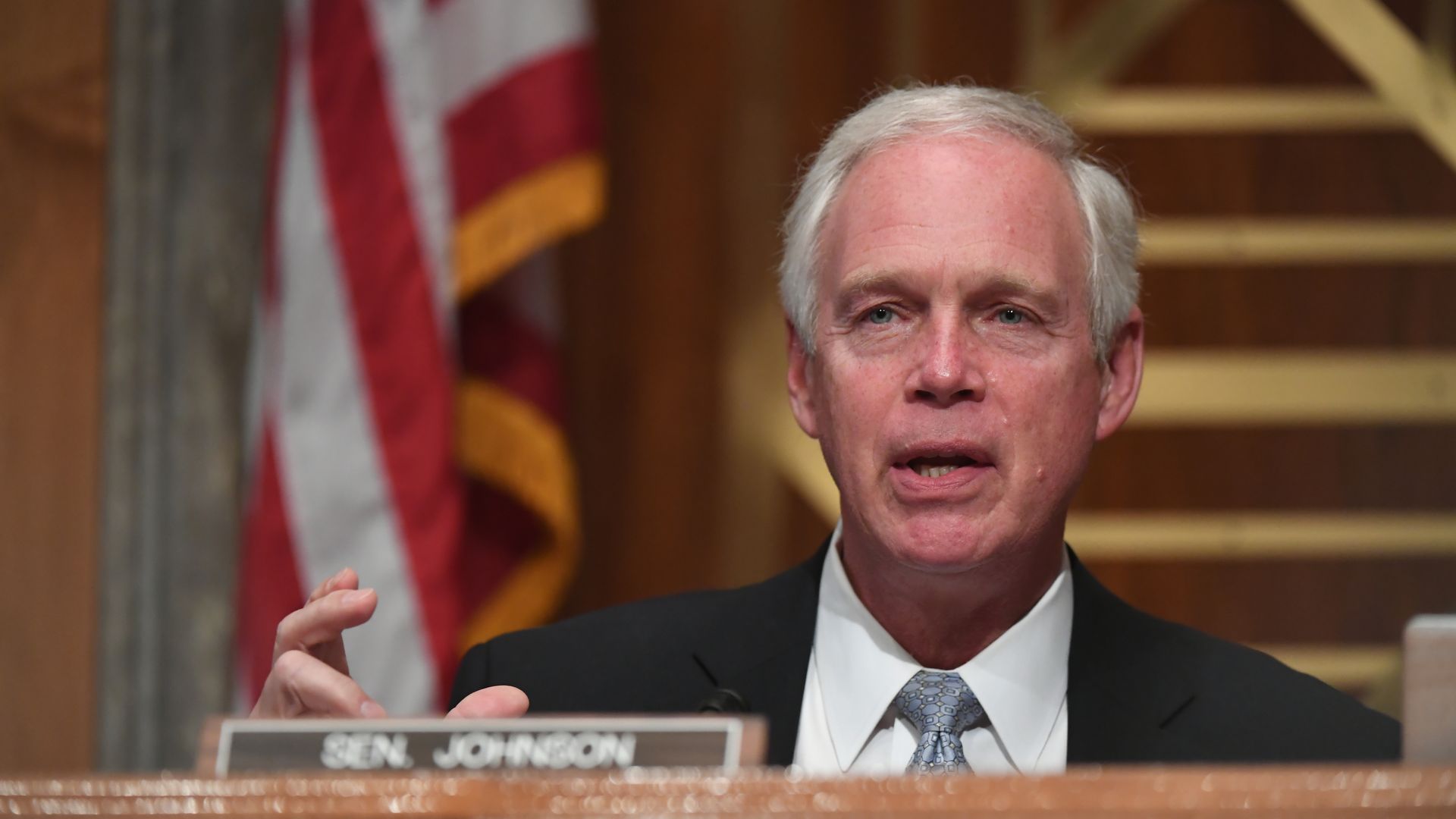Apr 23, 2021 - Politics & Policy
Ron Johnson questions government's "big push to make sure everybody gets a vaccine"
Add Axios as your preferred source to
see more of our stories on Google.

Photo: Florida Rep. Val Demings considering run against Rubio or DeSantis
